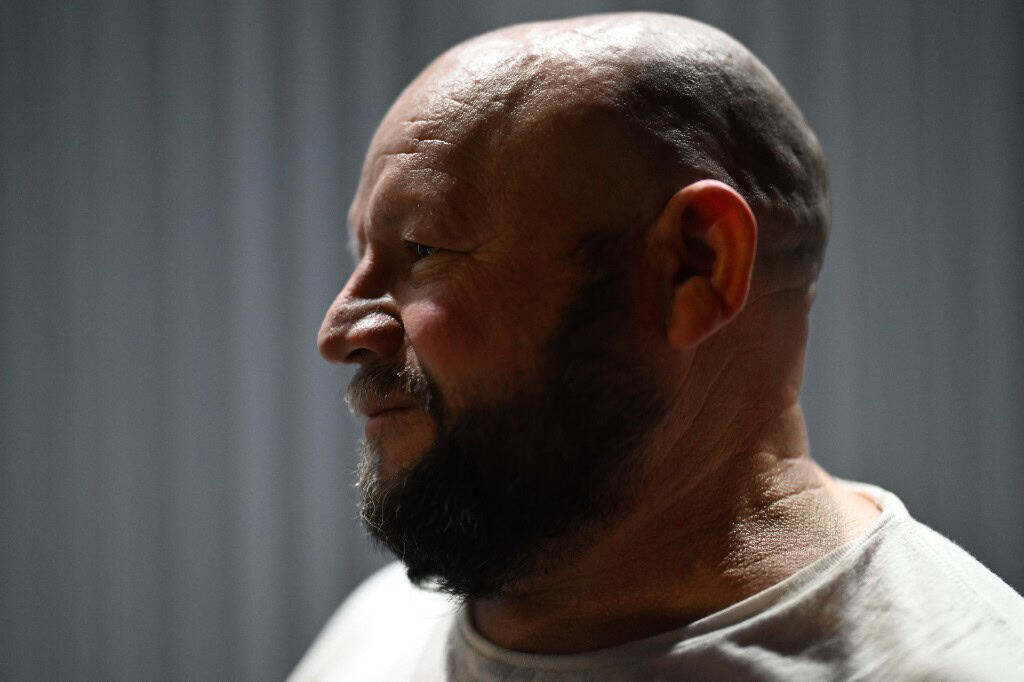QCOSTARICA — Costa Rica’s President Rodrigo Chaves Robles vetoed the approved bill to promote low-cost flights between Costa Rica and Central America.
This was announced by the presidency through the letter signed by the Minister of Finance, Nogui Acosta; the Minister of Tourism, William Rodríguez; Efraín Zeledón, Minister of Public Works and Transport; and President Rodrigo Chaves.
The veto is given “for reasons of opportunity, convenience and constitutionality,” according to the letter issued by the Executive Branch.
– Advertisement –
In the document submitted to the Legislative Assembly, the Executive argued that the reduction in taxes proposed in the law would represent a negative fiscal impact for the country, estimated at ¢3 billion colones annually, with no guarantee that the increase in demand for flights would compensate for this decrease in revenue.
The government argued in vetoing the law that the legislative initiative was based on a World Bank study entitled “Integration of Air Services in Central America. Reduction of Intraregional Air Transport Costs: A Study for Central America, the Dominican Republic and Belize,” which was not prepared specifically for Costa Rica, which raises doubts about the projections of demand elasticity and the supposed economic benefits of the law.
The government also warned that reducing the departure tax from US$27 to US$14 and the entry tax from US$15 to US$4 for flights to/from Central America could jeopardize the country’s fiscal stability, since these taxes are an important source of financing for various public programs.
According to the government, calculations made by the Ministry of Finance show that the eventual increase in the number of passengers would not be sufficient to compensate for the loss of tax revenue, which would force the government to cut resources in strategic areas.
Reaction of legislators
Eliécer Feinzaig, legislator of the Progressive Liberal Party (PLP) and promoter bill for low-cost airfares for Central America described the decision taken by the president as an “obstacle.”
“The low-cost flight law is for the benefit of all Costa Ricans, to lower the cost of living and create opportunities (…) the curious thing is that President Chaves has decided to become an obstacle,” said the legislator.
– Advertisement –
The legislative leader of the New Republic faction, José Pablo Sibaja, said “The president is within his constitutional right to be able to apply this reseal to this cheap flights project. There are already several initiatives that the Executive Branch has requested the reseal and the Assembly has resealed them,” said the legislator.
Carlos Felipe García of the Partido Social Christian Unity (PUSC) mentioned that the faction will analyze the reseal.
“The PUSC faction has always had a position regarding the reduction of the cost of living and guaranteeing those measures that allow the attraction of investment, that is why as a faction we will fully analyze the possibility of resealing this veto,” he said.
What comes next?
When a veto has constitutional reasons, the committee must recommend to the plenary whether or not to accept the objections made by the government. If it considers them appropriate, it will propose to the Plenary a new opinion with the pertinent modifications to eliminate the unconstitutional norms, or it will proceed to file the project if the unconstitutionality is insurmountable.
– Advertisement –
If the report recommends not accepting the constitutional objections, the plenary must vote to immediately send the matter to the Constitutional Court, so that it can be decided whether or not the Executive is right in its reasons for having vetoed, alleging the unconstitutionality of the project.
In the event that the Constitutional Court rejects the objections of the Executive Branch, the Presidency of the Assembly will inform the Plenary and return the Legislative Decree to the Executive Branch so that it can be signed and executed as law.
– Advertisement –
Source link
Rico



